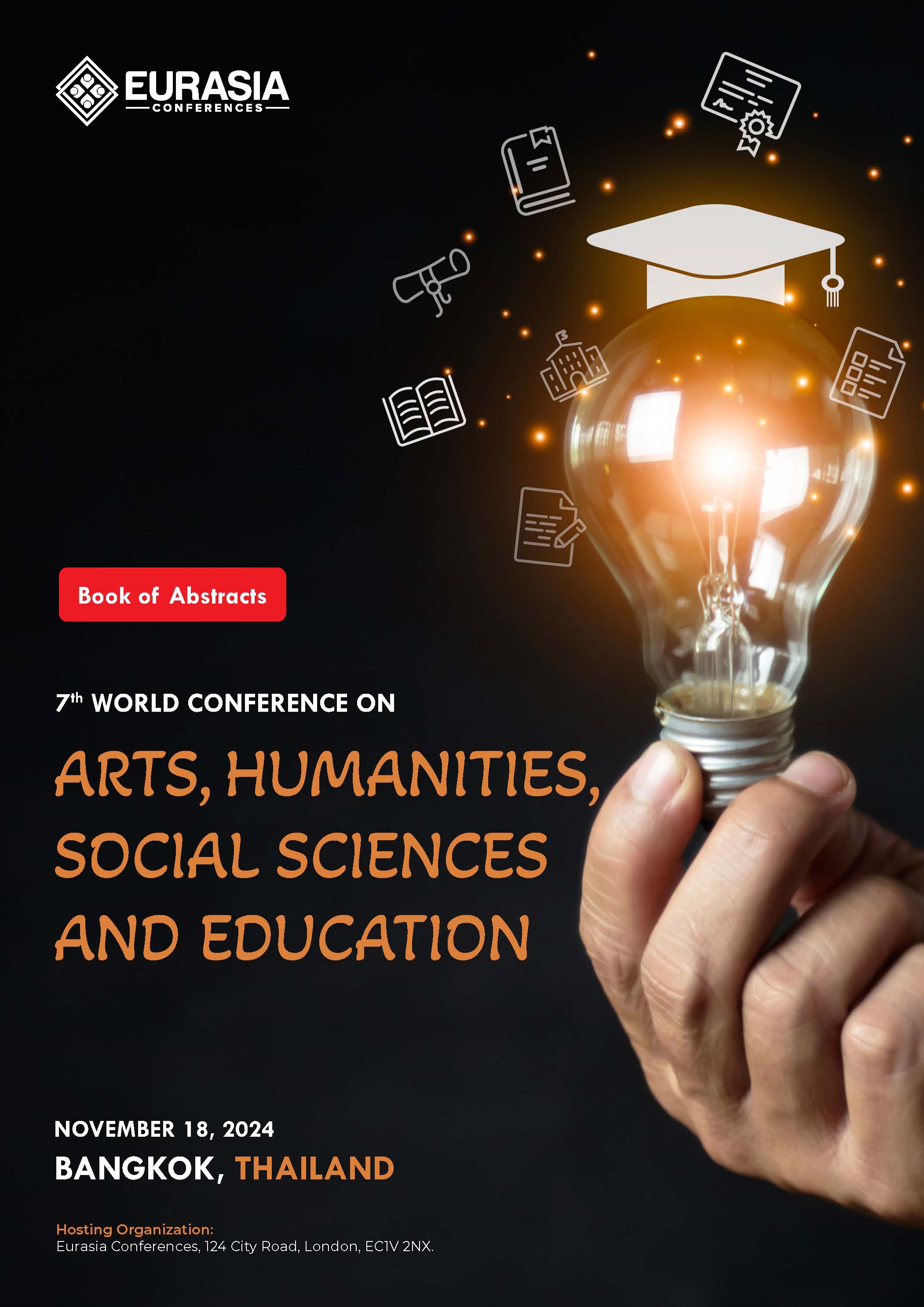
Dr. Malinee Khumsupa
Political consumption in Thai politics has emerged in two ways. On the one hand, there has been a significant emergence of Thai Rak Thai Party public policy marketing since the 2000s during the global Neoliberal known as Thaksin Regime (Hewison, 2010). This led to the shape and transcendence of political party branding and marketing (Pandit, 2023) including the fandom strategic campaign of the Move Forward Party later in the 2023 election. Consequently, it shifted political participation and the contemporary hyper-partisan political scene (Colombier, 2024). That means this phenomenon is termed the emergence of politics of emotion and consumption. On the other hand, the political and economic crisis in Thailand caused the political reform rooted in the 1997 constitution to create moral politics establishment in non-elected watchdog agencies to investigate the moralistic behavior of politicians termed as “unethical conduct”. Thongchai termed it as the politics of a virtuous person which was believed in morals above the people's power (Thongchai, 2007). Later on, the 2006 coup was also the turning to establish the conception of moralistic politics for the righteous people which deployed the judiciary to monitor righteous persons in public offices. They are known as independent accountability agencies such as Constitutional Court, Anti-Corruption Commission, or Election Commission. Based on the constitutions, they have very influential roles in the political arena. That means a moral high ground to undermine the political landscape that traced the root of the current conflict for a goodman should win over a popular man (Khemthong, 2022). This paper examines when Thai political consumption emerged to empower the political party's strength by creating the politics of desire in a good health democracy. However, moralistic politics turned to establish the contrary as an ethical commodification which led to conflict in the Thai political landscape for decades.